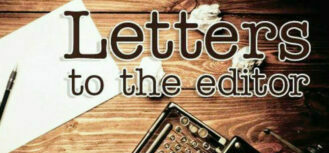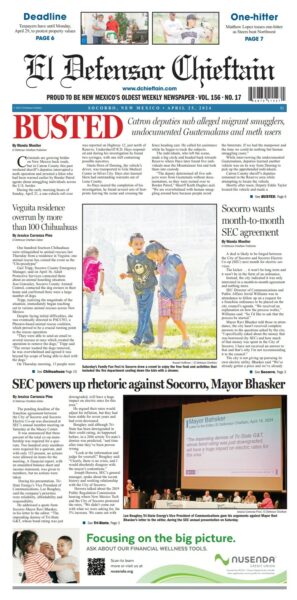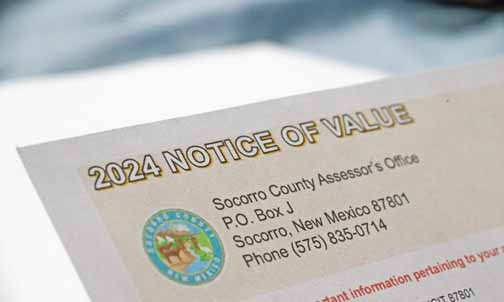
OK, I know I’m being a little smart-alecky here, but that’s how it seems sometimes when I’m someplace and see a clump of people doing just that. The temptation to check up on what other people are twittering on about or watch the latest video of people rescuing an animal is too great, I guess, and I’ve got to admit I’m prone to the same thing on occasion.
One thing though. People are actually reading books on their phones, and in this day and age, you can download just about any reading material into your device, including, dare I say it, the ones you’ll find on the list of books that have been banned at one time or another.
I guess these things are on my mind because Sunday is the first day of Banned Books Week, observed the last week of September, and sponsored by the American Library Association and other organizations that support intellectual freedom and free speech.
As I’ve mentioned before in this column, much of my youth was frittered away with my nose in a book, beginning with the Hardy Boys mysteries and Zane Grey’s Riders of the Purple Sage all the way up to John Steinbeck, Ernest Hemingway and William Faulkner, three authors – banned at one time or another – who taught me much about the world, human nature and multisyllabic words (like multisyllabic.)
Also, J.D. Salinger, whose novel Catcher in the Rye was considered contraband and not allowed on school grounds. If one was caught reading it a teacher would snatch it away, never to be seen (or read) again. But I was determined to be corrupted and figured out a way to carve out the innards of a large hardbound copy of Bartlett’s Familiar Quotations just big enough to fit a paperback copy of Catcher in the Rye or On the Road inside.
Of course, that was also about the time everyone thought the song Louie Louie by The Kingsmen was rife with profanity, promoting lewd teenage behavior. The local radio station wouldn’t even play it on the air. To quote Todd Snider in his song The Ballad of The Kingsmen:
“Now, I don’t know the words to that song Louie, Louie and I’m pretty sure the singer for the Kingsmen didn’t know ‘em either. If he did know ‘em he didn’t get ‘em right on the record, ‘cause on the record, they sound jumbled in his jaw. It says, ‘me think of me girl oh so constantly…Ahmayaaah makaaaah aahh ooohoooh aaaaah.’ Well, that last part scared everybody from the PTA to the FBI.”
In point of fact, the song was the subject of an honest-to-goodness investigation by the FBI for lewdness. After four months of intensive listening, it concluded that the lyrics could not be interpreted; that it was “unintelligible at any speed.”
When you look back to the middle part of the sixties – before everything changed – small-town schools were very strict about such things. There were strict dress codes, strict hallway boy-girl codes, and especially strict language codes. Foul language was never condoned, even to the point that when we were reading chapters of the classic western The Virginian by Owen Wister in class, we were instructed not to read out loud the SOB phrase when it showed up in the dialogue between Trampas, the protagonist, and a gambler. Quite an insult in the wild west, which followed by the best retort in western literature: “When you call me that, smile.”
But I digress.
There were no book burnings back then that I can recall, but records were another story. There was that one time when several radio stations across the South organized these bonfires where Beatles albums, 45s, photos and other Fab Four memorabilia (that would’ve been worth a small fortune today) were tossed into the flames.
But as far as burning books go, Ray Bradbury once said, “There are worse crimes than burning books. One of them is not reading them.” Of course, he’s the guy who wrote Fahrenheit 451, about a society that was much more concerned with watching television and instant gratification than reading books, with the result being that books were confiscated by the “fire brigade” and burned.
Aside from profanity, sexual content, perceived racism, or religious convictions, the top reason for banning or challenging a book falls under the category of “Unsuitable For Age Group,” which is, I’ll admit understandable in the Parkview Elementary library.
For me and you though, when you get down to it, in the words of Mark Twain, “Censorship is telling a man he can’t have a steak just because a baby can’t chew it.”
Now, can someone tell me the real words to Louie, Louie?

















